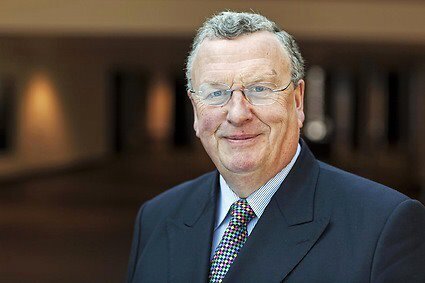![]()
3 October 2019
Campaign for EU-wide recognition of periodontology as speciality gathers pace
Categories:Clinical Practice, Institutional

The latest development in the campaign to gain EU-wide recognition of peridontology as a speciality was a discussion of the topic at a meeting on September 21 of the EU Group of Co-ordinators (GoCs) for professional qualifications and freedom of movement.
The group – which includes an administrator representing each of the EU member states and countries in the European Free Trade Area (EFTA) – sets the agenda for proposed developments in EU-wide arrangements for professional qualifications and related provisions for freedom of movement. The various co-ordinators need to confirm the status of periodontology in their respective countries before it can be recognised as an EU-wide speciality.
Nairn Wilson, who has been leading the EFP’s work on speciality recognition, pointed out that eligibility for consideration as a speciality does not give a right to EU-wide recognition. There also needs to be a good case – in terms of both health benefits and economics – before a proposal is put to the European Parliament and then the European Council.
“I believe a strong case for EU-wide speciality recognition has been made to the GoCs,” he commented.
Gaining recognition of periodontology as a speciality within dentistry is a key objective of the EFP, which has been battling to achieve recognition by the European Union.
The EFP believes that official recognition as a speciality frees periodontists from bureaucratic problems by enabling greater professional mobility and would also boost the exchange of knowledge, increase graduate applications, aid training, and increase access for patients.
At present, periodontology is recognised as a speciality in 12 of the 28 members of the EU: Belgium, Bulgaria, Croatia, Hungary, Latvia, Lithuania, Poland, Portugal, Slovenia, Sweden, Romania, and the UK.
In several countries, there has been strong resistance to speciality recognition from dental associations, which are worried that the recognition of more dental specialties may limit the scope of practce for general dental practitioners.
But, as Prof Wilson points out, “no dental association in countries which do recognise and regulate perio and other distinct branches of dentistry wish to have the awards of speciality status reversed. Speciality status is descriptive, not restrictive.”




